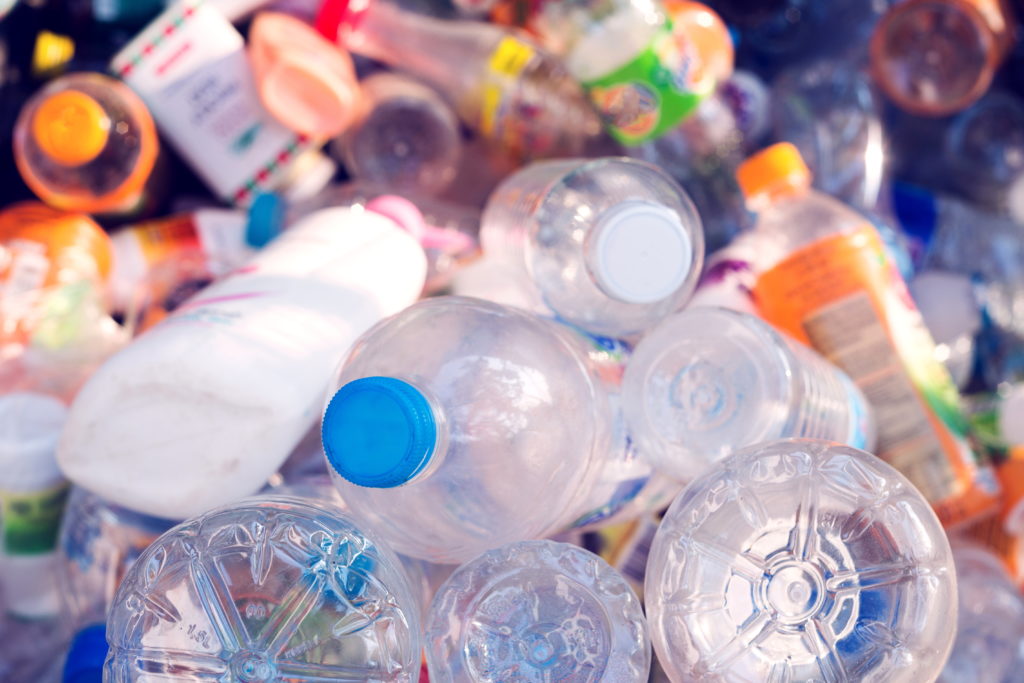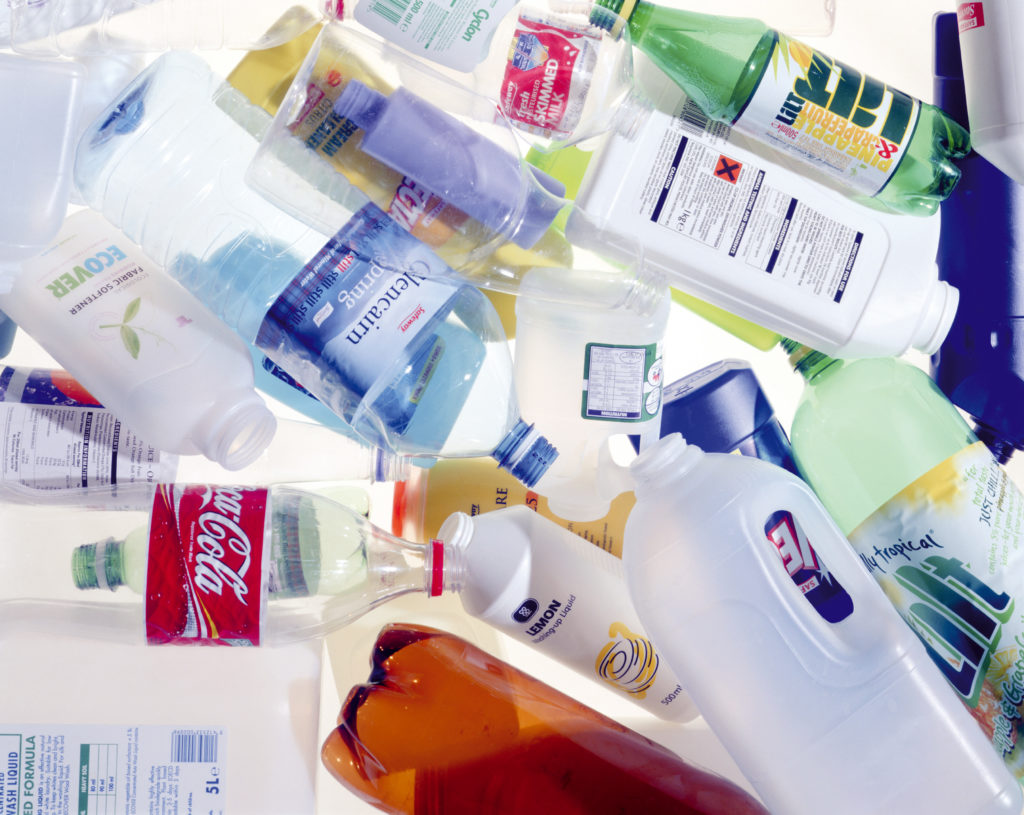The research, known as the The Big Plastic Count, was provided academic support by the Revolution Plastics Institute at the University of Portsmouth.
Running from 11-17 March this year, The Big Plastic Count saw participation from nearly 225,000 individuals, from over 77,000 households, and numerous members from community groups and businesses across the UK.
This figure included 28,000 pupils from over 5,000 school classes. Counts were submitted across all 650 parliamentary constituencies and 50 MPs across all parties, including ministers and shadow ministers who were said to have also taken part.
The results show that UK households throw away an estimated 1.7 billion pieces of plastic weekly, which is 60 pieces per household per week. At 90 billion a year, it would take one person 53 years and seven months to count at one second per piece.
Snack packaging (699,932 pieces) and fruit and veg packaging (697,085 pieces) emerged as the most commonly counted plastic items.
58% of the pieces of plastic packaging thrown away are being incinerated – up 12% from 46% in 2022. While 17% was recycled in the UK, 14% was exported and 11% went to landfill.
A recent Greenpeace International report showed that 74% of the UK public supports cutting plastic production to curb pollution, underscoring the need for the government to take decisive action to reduce plastic production and transition towards sustainable alternatives.
‘Incompatible’
Greenpeace UK has said that incinerating plastic “not only exacerbates climate change and can release more carbon dioxide per tonne than coal” but it is also “incompatible” with the government’s commitment to meet its greenhouse gas emission reduction goals by 2050.
The organisation has said incineration also poses health risks to local communities, “often in economically disadvantaged areas”.
Greenpeace and Everyday Plastic have called for supermarkets and policymakers to “embrace reuse and refill schemes that meet the UK public’s desire for sustainable choices”, with 81% of plastic counted consisting of food and drink packaging, likely coming from supermarkets.
As part of the UK Plastics Pact, supermarkets promised to make all their packaging reusable, recyclable or compostable by 2025, focusing on ‘supercharging recycling’. Greenpeace and Everyday Plastic have said the results show that they are “miles off” reaching that goal.
Plan of action
In response to the figures from The Big Plastic Count, Greenpeace UK and Everyday Plastic have called on the government to “show leadership” at the upcoming Global Plastics Treaty negotiations, pushing for a global target to cut plastic production by at least 70% by 2040.
They have also asked for all plastic waste exports to be banned by 2027, and approvals for waste incineration facilities to end. The two organisations also urge the government to “immediately implement” an all in Deposit Return Scheme (DRS) and Extended Producer Responsibility (EPR) requirements.
“The plastics crisis is out of control, with production set to triple by 2050 if the industry has its way. The worst affected are the marginalised communities and people of colour who are more likely to live near incineration sites or to be harmed by the waste we dump in countries in the Global South,” said Rudy Schulkind, political campaigner at Greenpeace UK
“It’s clear from these results that the plastic waste problem is not getting any better, and that recycling is not going to solve it. New thinking around packaging choices, backed up by legislation, is urgently needed. Implementation of reuse and refill systems for instance could transform the plastics economy from a linear to a more circular model and significantly reduce plastic production and plastic pollution,” said Dr Cressida Bowyer, deputy director of the Revolution Plastics Institute at the University of Portsmouth.
To find out more about changes in the sector, visit the National Letsrecycle.com Conference on 6 June at QEII Centre in London. To book tickets to attend or for more information please click here.









Subscribe for free